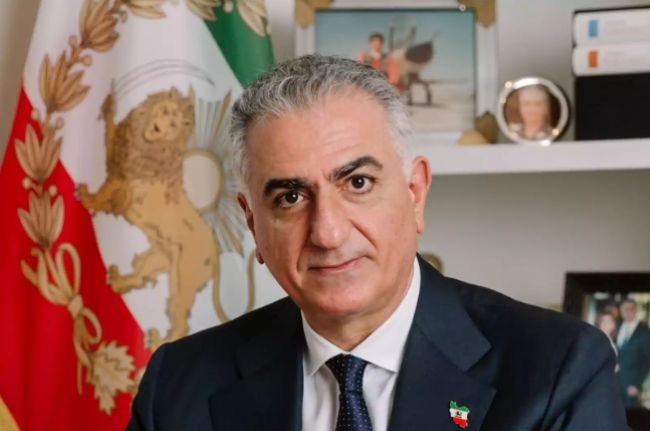Reza Pahlavi from imperial legacy to the struggle for freedom in Iran

Reza Pahlavi durante una intervención en un foro internacional en defensa de los derechos civiles en Irán
Reza Pahlavi was born in Tehran in 1960, son of the last Shah of Iran. The Islamic Revolution of 1979 forced him into exile while he was training as a fighter pilot in the United States. Since then, he has lived in Europe and America, maintaining consistent political activity and promoting democratic transition in Iran from abroad.
Academic background and international perspective
Reza Pahlavi studied political science at the American University in Cairo and later continued his education at Johns Hopkins University. This academic foundation has allowed him to develop a deep perspective on Iran’s situation, moving away from simplistic views. His analysis has drawn the attention of global media, especially during moments of political crisis in Iran.
Activism for democracy and civil rights
Reza Pahlavi has been a central figure in the Iranian diaspora, advocating for a secular and democratic republic in Iran. In 2013, he founded the National Council of Iran for Free Elections, promoting peaceful opposition to the Islamic regime. He has spoken at international forums and appeared in global media, insisting that Iran’s future must be determined through popular vote, assuming a role as facilitator rather than imposed leader.
A polarizing figure in Iranian politics
Reza Pahlavi provokes divided opinions: some see him as a symbol of modernity and secularism, while others view him as a bearer of an unelected legacy. He has responded with a conciliatory stance, promoting unity among various opposition factions. His influence has grown among young critics of the regime, especially since the 2022 protests, which repositioned him as a democratic transition figure rather than a monarchical heir.
International relations and pragmatic approach
Reza Pahlavi has chosen a diplomatic and multilateral path, engaging with international organizations and avoiding extreme positions. Instead of broad sanctions or military intervention, he advocates for targeted pressure, strengthening civil society, and expanding internet access in Iran. His moderate stance has been appreciated by experts, noted for his effort to build consensus in a highly polarized regional context.
Family personal life and projected legacy
Reza Pahlavi is married to Yasmine Etemad-Amini and has three daughters. He has kept his private life out of the spotlight, reinforcing an image of seriousness and commitment. Far from seeking power, he presents himself as a defender of democratic principles and the right of the Iranian people to decide their future, moving beyond the monarchy versus republic divide.
Current relevance and digital presence
Reza Pahlavi has expanded his influence through social media platforms like Twitter, Instagram, and YouTube, where he connects with hundreds of thousands of followers, especially young Iranians. His message, centered on rights, pluralism, and moderation, keeps him as a key figure in discussions about Iran’s political future and positions him as a reference point both in the diaspora and within the country.







